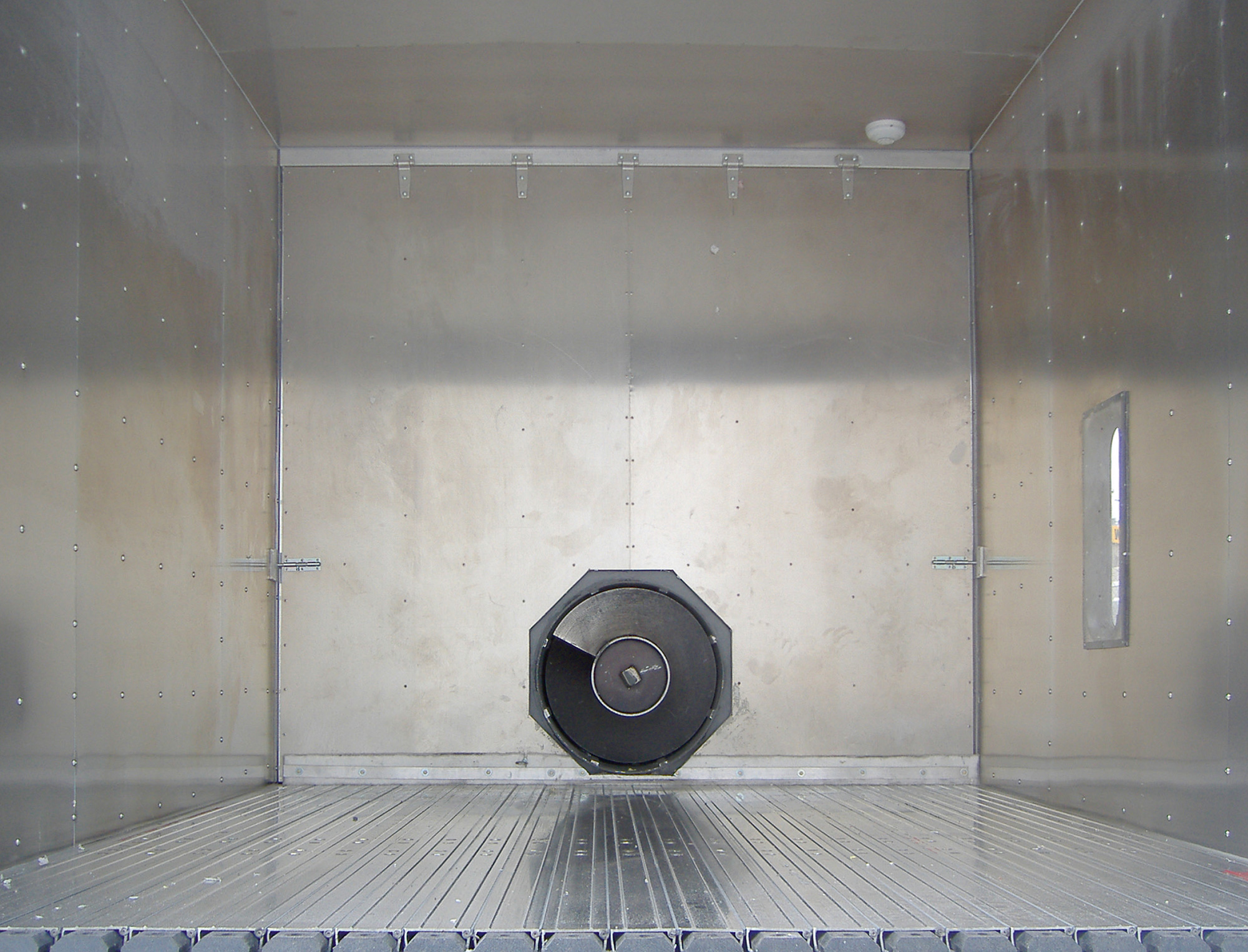The Memory Hole Has Teeth
Toward a field guide to shred
D. Graham Burnett and Sal Randolph

The authors propose that the changing data ecology of our moment, coupled with unsubsiding anxieties about privacy and security, identity and multiplicity, individual freedom and the zombie trap of our digitized superorganismal collective, will make shredding—and its tangible output, those fluffy snowdrifts of everything we have set out to forget—an increasingly significant aspect of the cultural landscape of the twenty-first century. This has, as we attempt to show below, already in some measure begun.
The juxtaposition of paper shredding and our (ever more) electronic media environment demands critical reflection. The authors suggest that the magnetic erasure of magnetic information can only ever be a frictionless forgetting of an etherealized memory—in the “cloud,” as in the mind of God, to “forget” amounts to a figure of speech, a necessary fiction, a conceit at best. By contrast, where paper is concerned, forgetting retains a relentless physicality (a set of practices, devices, industries, connoisseurs, experts) of profound importance in a world wholly renegotiating its relationship to memory, history, materiality, time, and text. Shred is the versicolor confetti saluting the end of the age of the book—and the party is just getting started.
The authors therefore call for attention to this material, which in our watershed condition takes on new aesthetic, forensic, and politico-philosophical significance. At stake in all this? Strategies for living with the proliferating residue of our accelerating efforts to forget our accelerating efforts to remember.